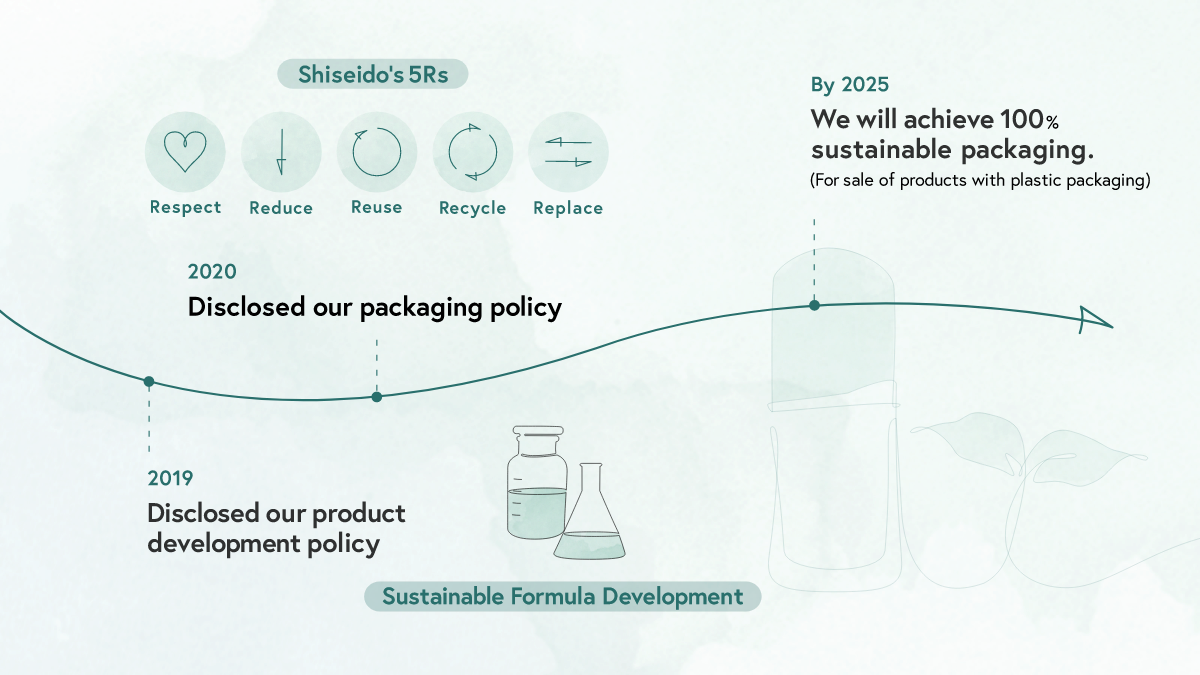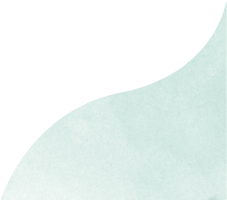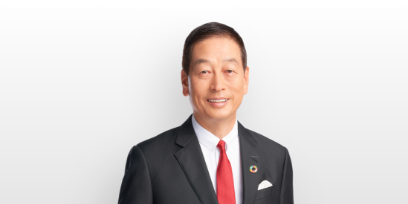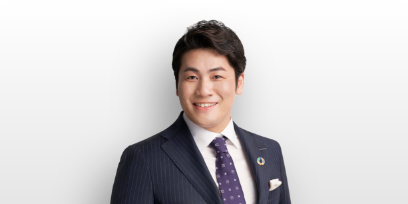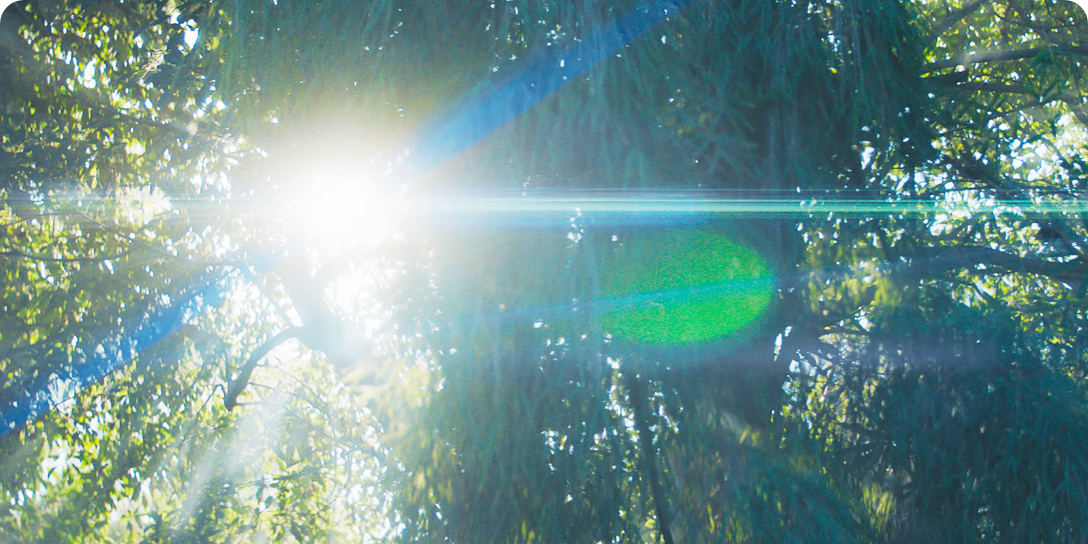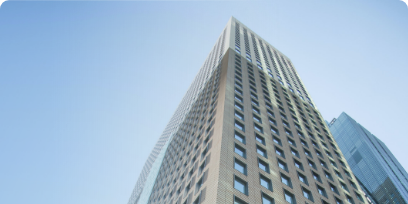UV Care
We are accelerating innovation in the field of suncare to protect against UV and pursuit coexistence between people, their ecosystems, and the environment. As a result of climate change, UV exposure for people around the world is expected to increase. Exposure to UV rays over extended periods of time causes spots and wrinkles on skin — symptoms of photoaging.
We developed an innovative new technology to convert UV light, which has been considered to have deleterious effects on the skin, into visible light (skin-beautifying light) that brings about beneficial effects on the skin — a first for cosmetics. We will continue our research with the aim of providing products and services with new values, including innovations such as this that realize harmonious coexistence with the environment.
We are assessing the impact of UV filters in our products on corals by conducting joint research with the University of the Ryukyus and using the advanced method of ocean elution simulations. We are utilizing the results of these assessments for ingredient selection and the development of coral-respecting formulas, while applying them to suncare product development for both SHISEIDO and ANESSA.
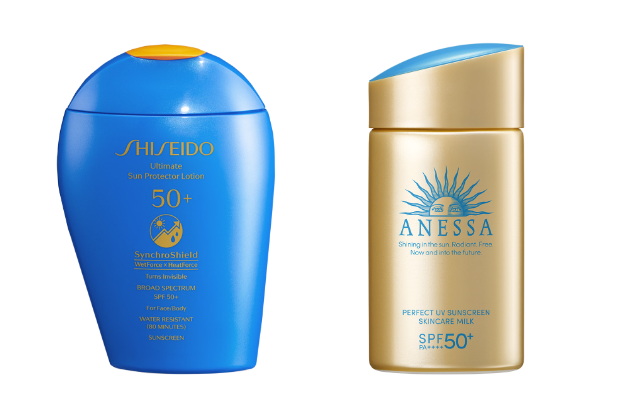
ANESSA Perfect UV Sunscreen Skincare Milk N
Actions Toward Consumer Needs
In recent years, we have seen how natural environments and communities suffer as a result of exploitation and unsustainable activities. Consumers are reacting to this. More than ever before, they are holding brands and companies accountable when it comes to showing social responsibility and taking real action to reduce the environmental impact of their activities. This includes the use of raw materials.
At Shiseido, we wish to give consumers and all other stakeholders insight into how our products are produced. Therefore, we issued our product development policy, which reflects our human safety, environmental, social, and ethical considerations. We also exercise transparency in terms of corporate product development and raw material usage directions for all our brands.
Drunk Elephant is a global leader in clean beauty, actively and continuously implementing sustainable initiatives including the sustainable procurement of raw materials. Originating in the US and introduced in Japan in October 2021, it is now sold in 33 countries and regions. The brand is highly favored by Millennial and Gen-Z consumers.
WASO — a sub-brand of SHISEIDO which was relaunched primarily in Europe in July 2021 — is committed to a range of environmental and ethical initiatives including key ingredient traceability, recycling, and upcycling. In 2021, we became the first Japanese company to receive vegan certification from BIORIUS.
Skin and mind care brand BAUM, which was established under the theme of “Coexistence with Trees,” uses naturally derived materials, upcycled wood, and bio-PET to develop environment-friendly products. In addition, BAUM promotes tree-planting initiatives to return the blessings of nature and continue the circle of sustainability.
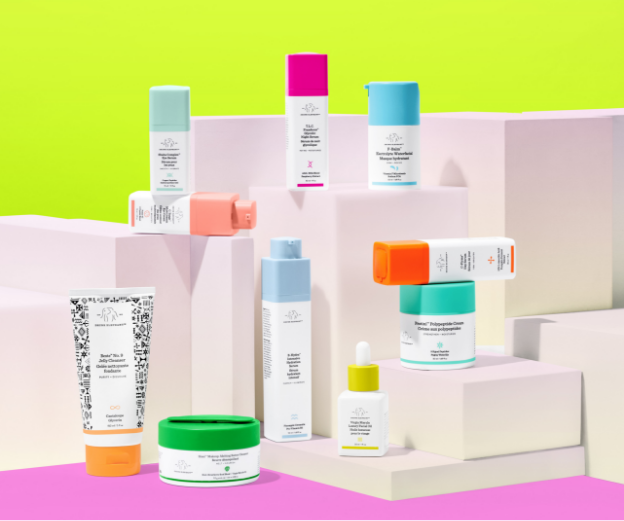
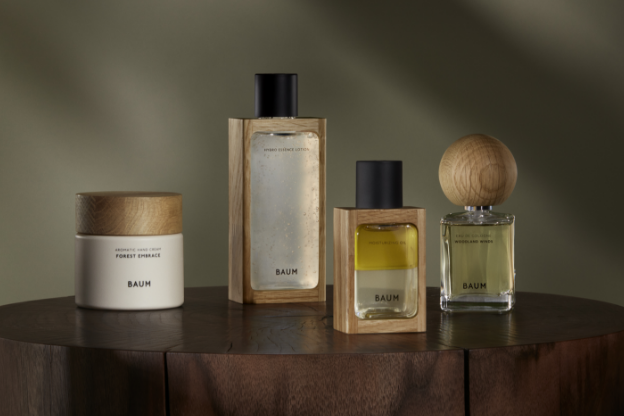
Abolishing Animal Testing
We strive to provide safe and effective products to consumers while complying with cosmetics regulations and respecting the principles of animal protection. For all our cosmetics and quasi drugs, we have established a safety assurance system based on alternative methods using cell cultures or in silico, etc., that do not involve animal testing. We continue to develop effective alternatives to test product safety, and work with administrative agencies in various countries/regions to certify these methods as official, according to the laws and regulations of the given countries/regions.
In September 2021, in collaboration with NITE, we became the first Japanese company to have its photosensitization predictive safety database adopted by the Organization for Economic Co-operation and Development (OECD) in its QSAR Toolbox. It is expected that this database will be used around the world for the development of effective safety assessment methods for chemical substances.
In the same year, we also received the Tanabe Award from the Japanese Society of Toxicology and the Japanese Society for Alternatives to Animal Experimental (JSAAE) Award for our research on alternative testing methods, and for promoting the development of safer, more effective safety assurance technologies.
